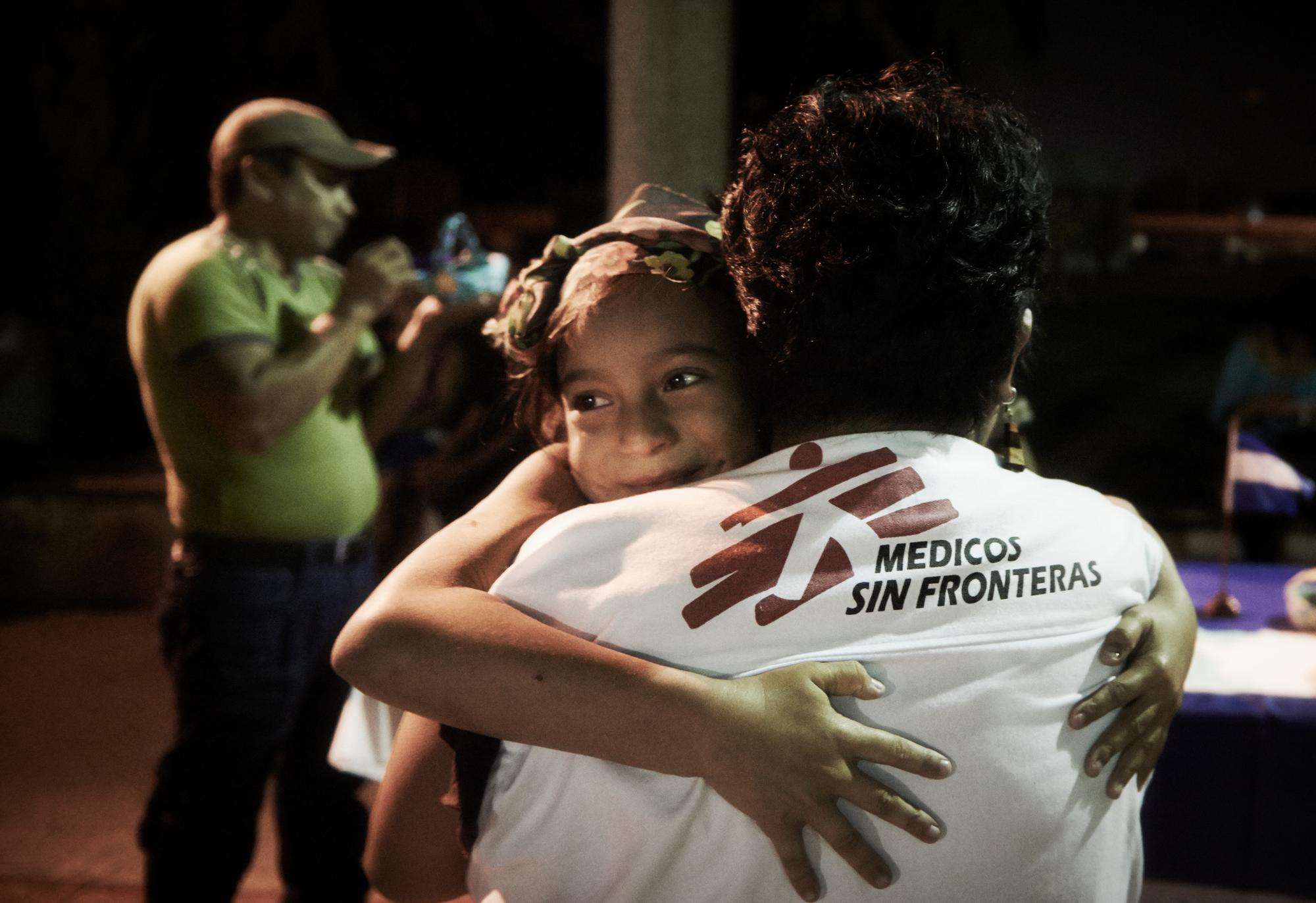The past 10 years have been marked by major humanitarian crises as well as inspiring examples of people coming together to help those who need it most. Here's a look at some of the emergencies that Doctors Without Borders/Médecins Sans Frontières (MSF) teams have responded to over the past decade.
2010—Haiti earthquake
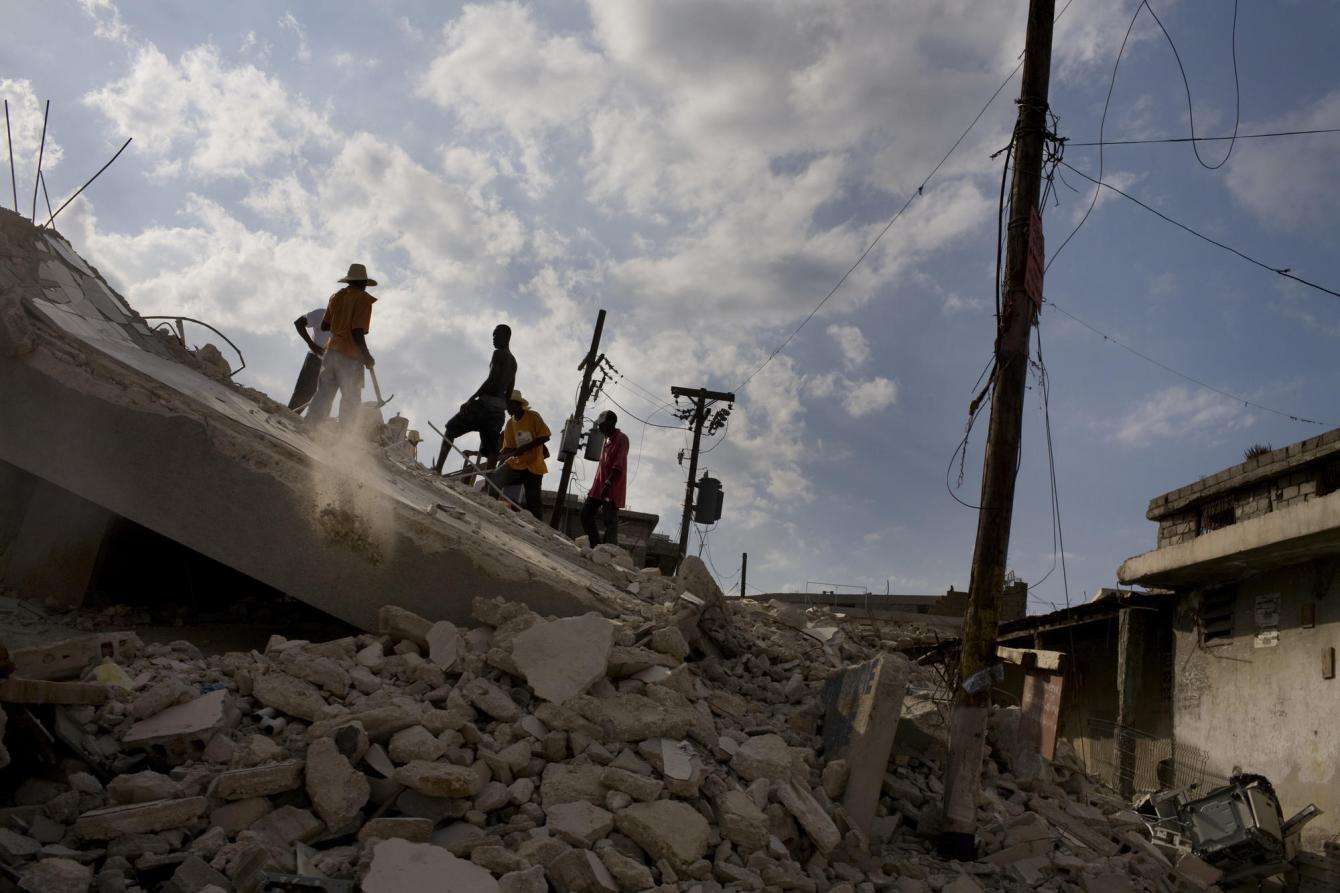
Just a day after a powerful earthquake hit Haiti on January 12, 2010, MSF launched one of the largest emergency interventions in its history. Hundreds of thousands of people were injured or killed, and more than 1 million people lost their homes. In October, MSF mobilized hundreds of staff members to respond to the massive cholera epidemic that followed in the wake of the disaster. Teams opened more than 50 cholera treatment centers across Haiti, launched widespread public education campaigns, and provided care to more than 100,000 patients.
Today, MSF teams work in Port-au-Prince and in southwestern Haiti to fill gaps in health care services and reinforce the capacity of local health systems. In November 2019, in response to increasing violence, MSF opened a hospital in the Tabarre area of Port-au-Prince for patients with traumatic injuries such as open fractures and gunshot wounds.
2011—Crisis in Somalia
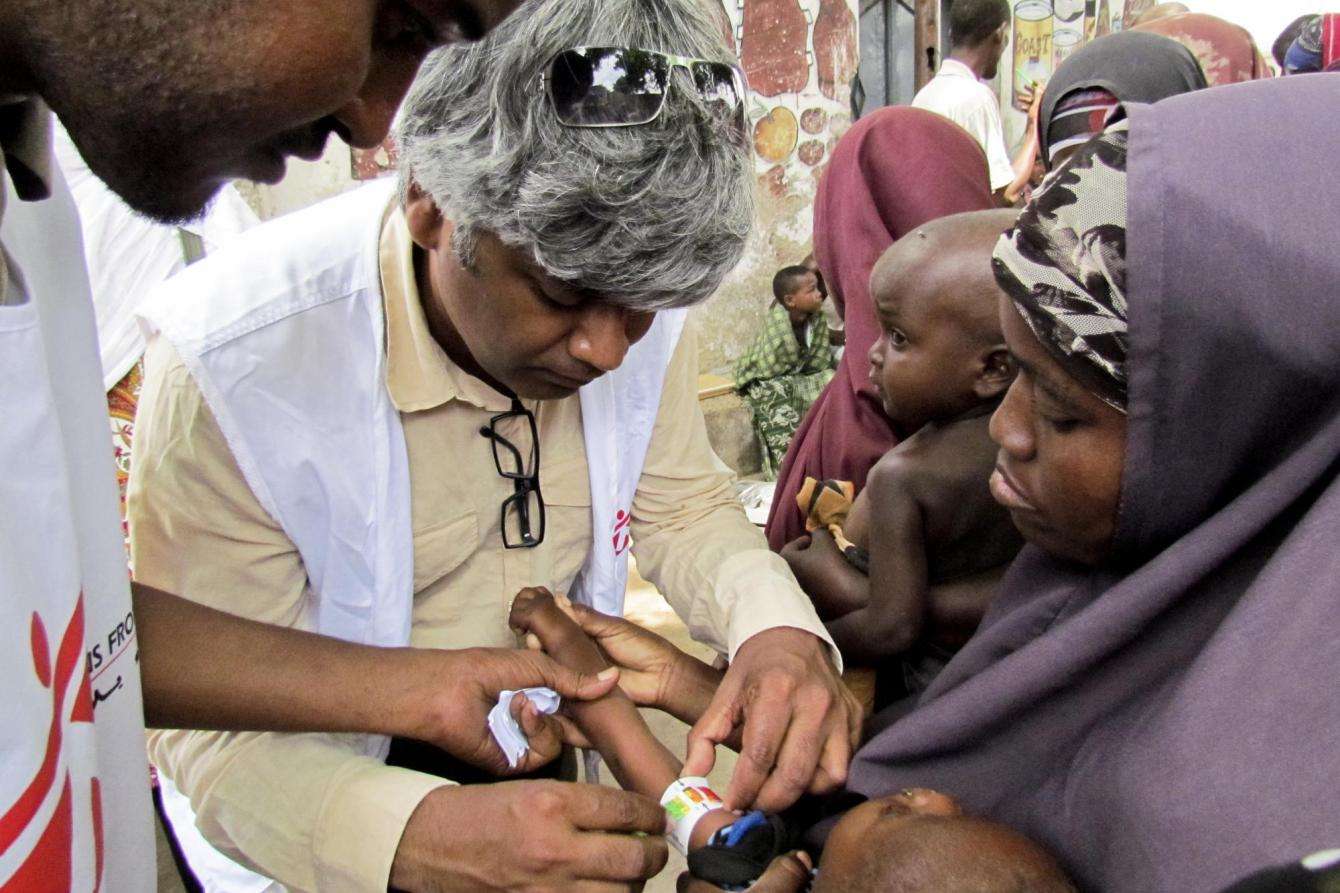
A devastating drought, protracted conflict, a collapsed health system, and restricted access for relief organizations worsened the humanitarian crisis in Somalia in 2011. Hundreds of thousands of Somalis fled to the capital Mogadishu, or across the border to Kenya and Ethiopia, in search of help. Weakened and malnourished, many of those displaced were living in unsanitary, overcrowded conditions, with little access to clean water.
In Mogadishu, MSF scaled up activities, opening health facilities in 12 new locations. MSF provided a range of services including basic health care, surgery, nutritional support, treatment for cholera and measles, vaccinations, and maternal care, and supplied relief items to displaced people and the local community.
MSF returned to work in Somalia in 2017, and in 2019 responded to massive needs in the wake of widespread flooding across the country.
2012—Displacement in South Sudan
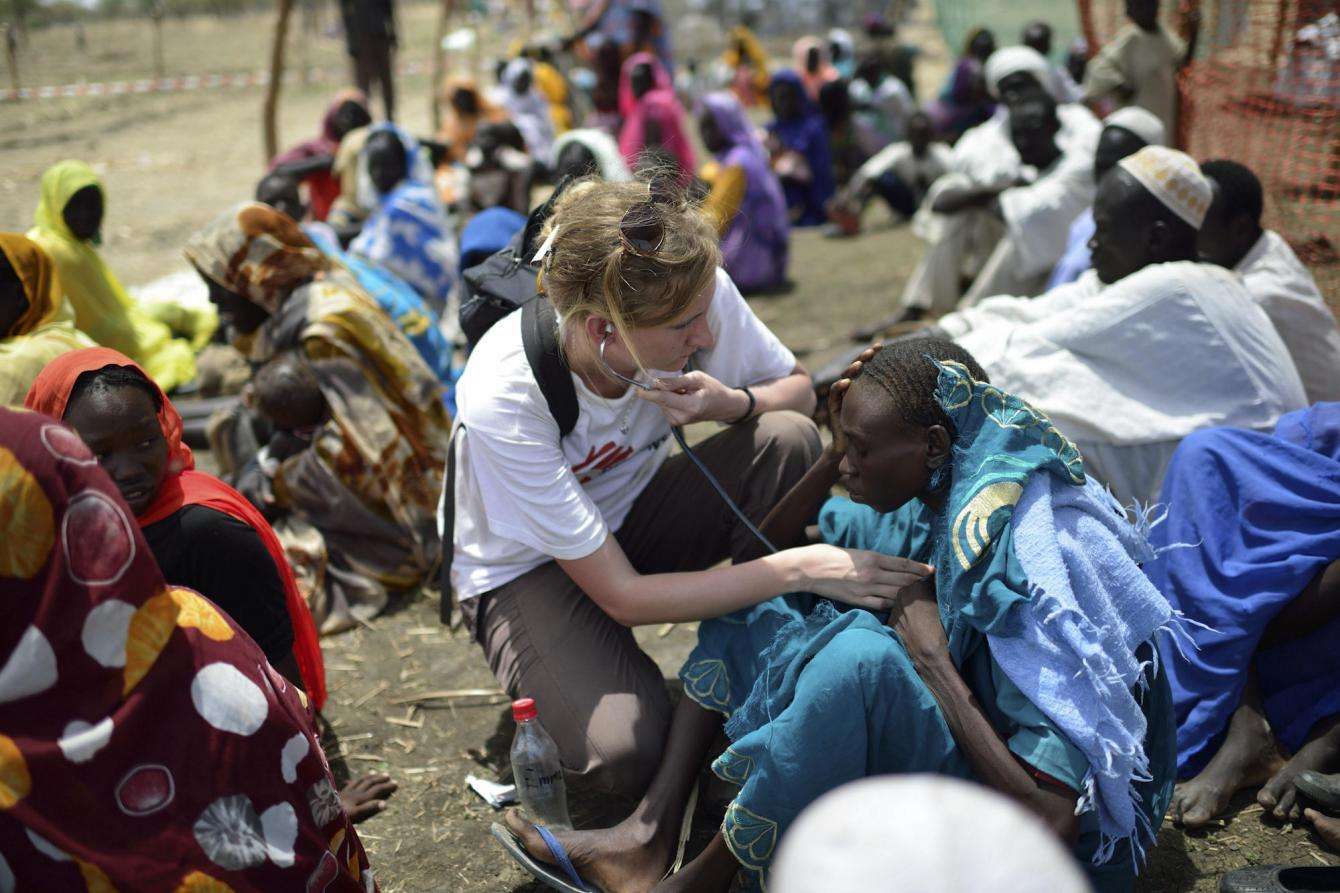
In Maban county, Upper Nile state, an estimated 110,000 displaced people in four camps were entirely dependent on humanitarian aid. However, the international response failed to meet basic needs, and mortality levels in some of the camps had reached double the emergency threshold by July 2012.
MSF called for more humanitarian assistance as teams ran three field hospitals and seven outreach clinics across the camps, carrying out up to 8,000 medical consultations per week and caring for people suffering from lack of adequate food and water, weakened and injured after long journeys on foot. Staff provided treatment for malnutrition, skin and respiratory infections, and diarrhea. MSF also managed boreholes and hand pumps to improve the supply of clean water.
MSF is a leading provider of essential health care across South Sudan. In 2019, teams responded to severe flooding that caused widespread devastation.
2013—War in Syria
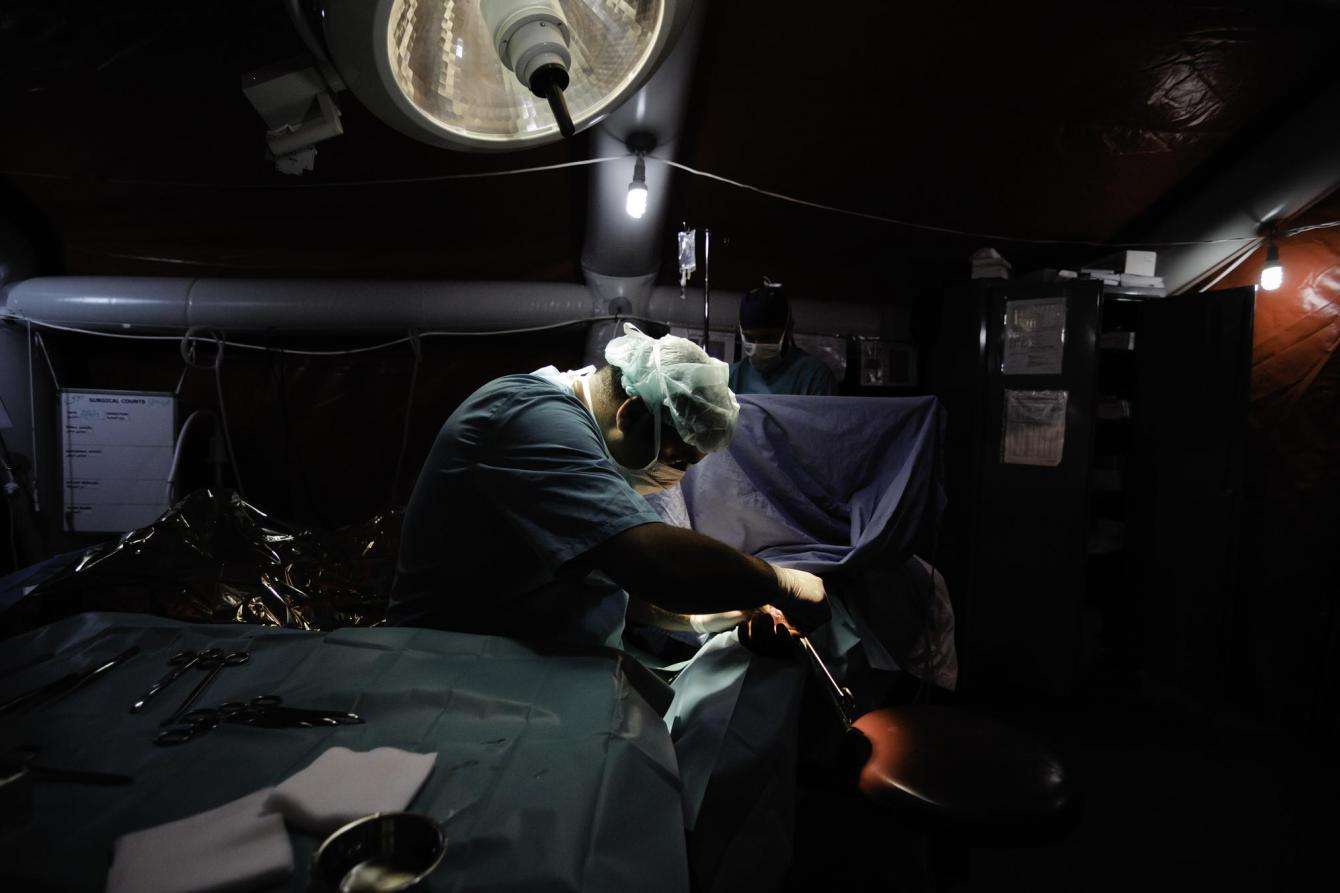
The conflict in Syria decimated what was previously a well-functioning health care system. With regions of the country inaccessible to humanitarian organizations, medical needs arising as direct and indirect consequences of the violence went largely unreported. MSF initially provided emergency and trauma surgical care in the north of the country. As the crisis deepened, activities expanded to include basic health care, mental health care, maternal health services, and measles vaccination campaigns. MSF also donated medical supplies and drugs to treat communicable diseases such as typhoid, and chronic conditions such as asthma and diabetes, as well as cardiovascular and kidney diseases.
MSF continues to provide medical aid in Syria, however activities have been severely limited by insecurity and access constraints. A spike in conflict in northwestern Syria in 2019 caused a new wave of displacement and increased the medical and mental health needs.
2014—West African Ebola epidemic
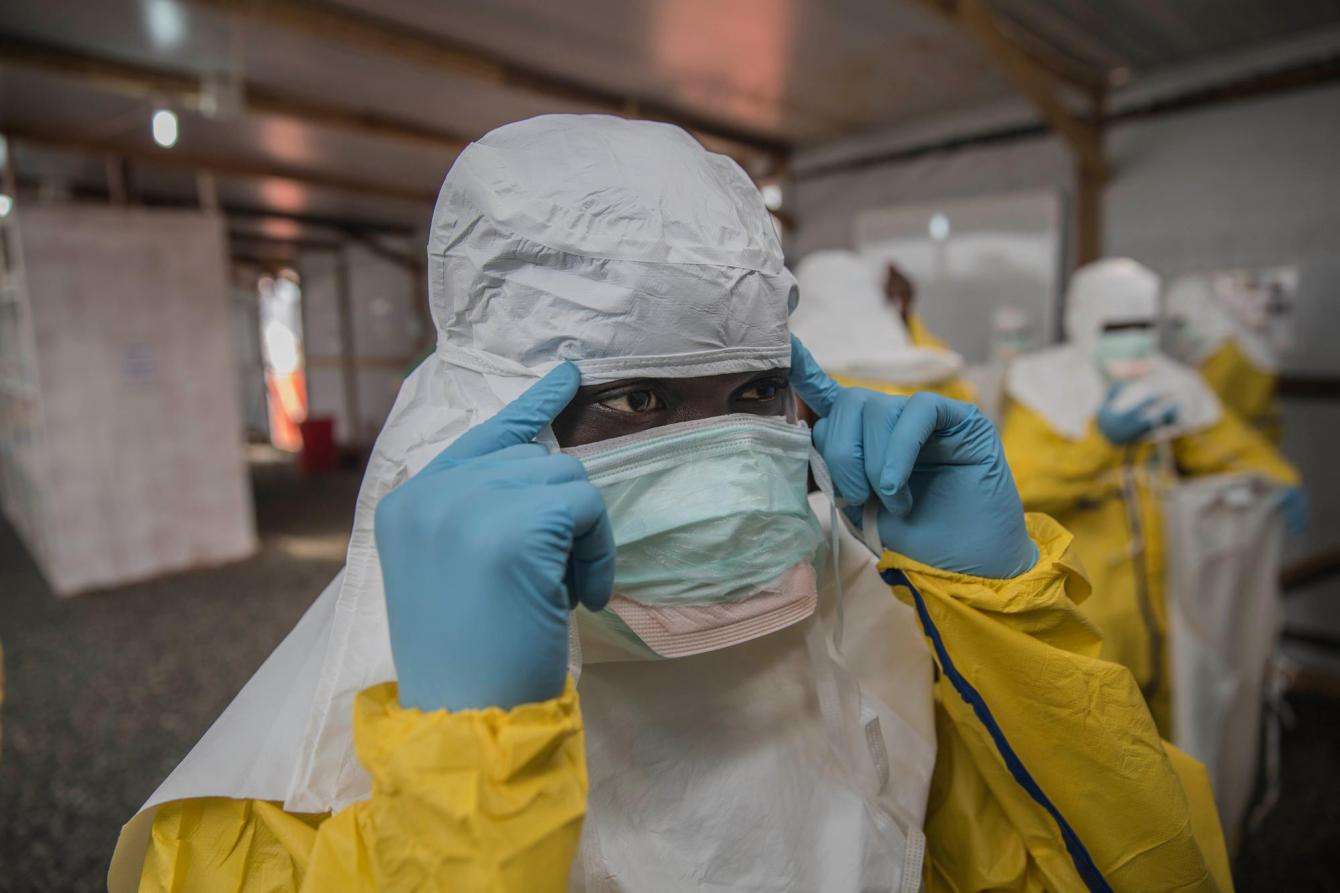
An Ebola outbreak was officially declared in Guinea on March 22, 2014, and quickly spread across West Africa to become the largest Ebola epidemic in history. The highly contagious virus claimed more than 11,300 lives in six countries, with Guinea, Sierra Leone, and Liberia the worst affected. At the peak of the epidemic, MSF employed more than 4,000 staff who ran Ebola management centers; conducted surveillance, contact tracing, and health promotion; and provided psychological support. MSF admitted 10,376 patients to its Ebola management centers, of whom 5,226 were confirmed to have Ebola. The outbreak ended in June 2016.
In 2019, MSF teams responded to an Ebola epidemic in Democratic Republic of Congo (DRC) that is still ongoing. MSF aims to increase access to primary health care and reduce the risk of infection in Ebola zones.
2015—Attacks on hospitals

In October 2015, MSF's trauma hospital in Kunduz, Afghanistan, was hit repeatedly by US airstrikes, resulting in the deaths of 14 staff, 24 patients, and four caretakers. The facility had been open since 2011 and provided free, high-quality medical and surgical care to people with traumatic injuries. In the year prior to the attack, staff treated more than 22,000 people and performed nearly 6,000 surgical interventions.
In 2015, there were 106 aerial and other bombardments affecting 75 MSF hospitals and MSF-supported facilities, causing varying degrees of damage. Of these, 63 were in Syria, five in Yemen, five in Ukraine, one in Afghanistan, and one in Sudan. Behind each attack on a hospital there are tens of thousands of people deprived of access to essential medical care.
MSF was instrumental in launching an international campaign calling on governments to ensure that hospitals and health workers are #NotATarget.
2016—Mediterranean refugee crisis

In 2016, MSF teams rescued and assisted 21,603 people making the dangerous journey across the Mediterranean Sea in search of safety and security. They came from countries including Syria, Iraq, Bangladesh, Nigeria, and Eritrea, and were fleeing war, violence, persecution, and extreme poverty. The death toll on the central Mediterranean was higher in 2016 than in previous years, with more than one person dying for every 39 who survived. European states doubled down on deterrence and surveillance measures to curb migration rather than on saving lives.
In 2019, MSF resumed search-and-rescue operations in the Mediterranean Sea in partnership with SOS MEDITERRANEE aboard the Ocean Viking.
2017—Rohingya exodus
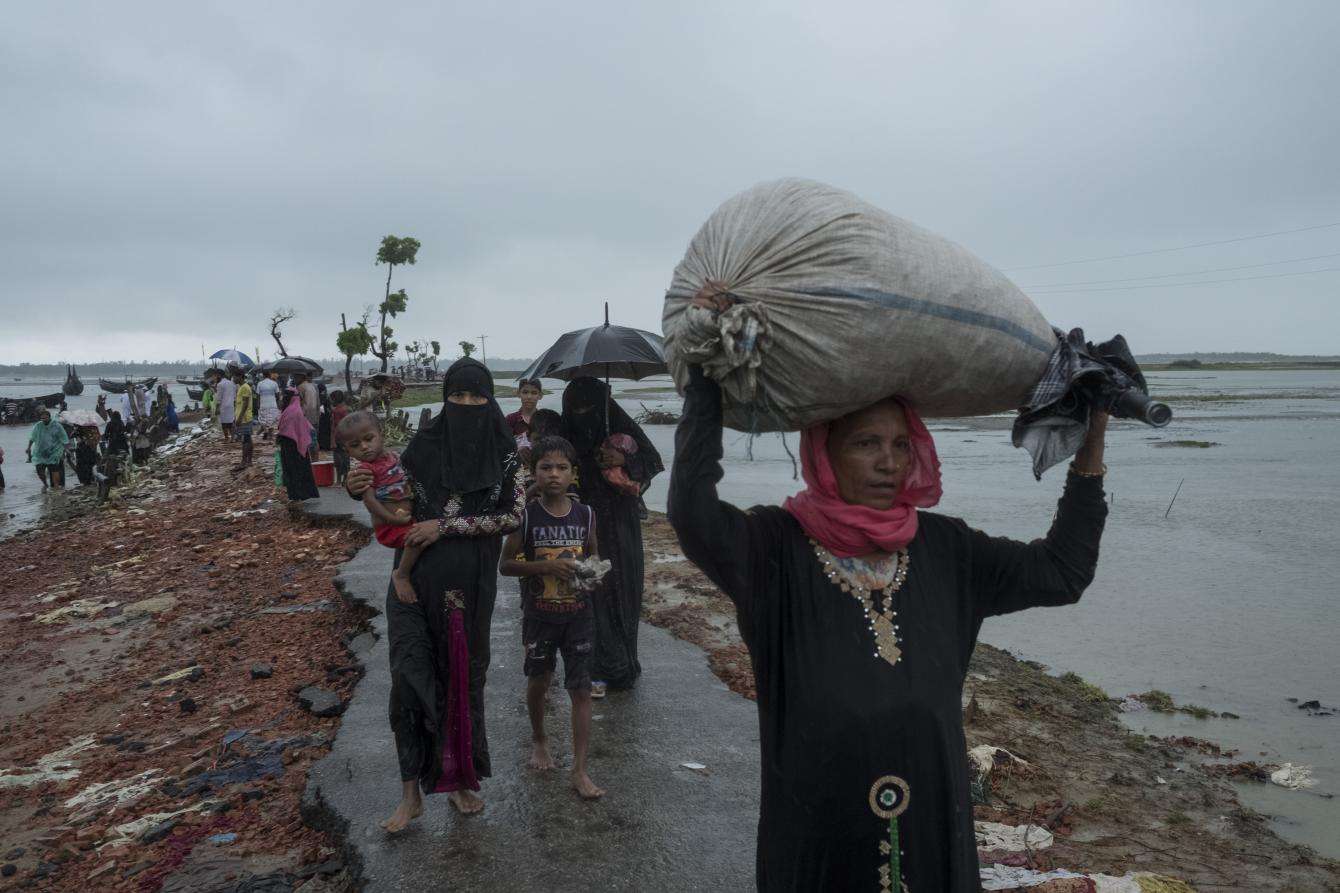
A concerted campaign of violence by the Myanmar military against ethnic Rohingya was launched on August 25, 2017, pushing some 700,000 people to flee across the border into Bangladesh. They joined an estimated 200,000 Rohingya who had escaped earlier cycles of violence and persecution in Myanmar. Most Rohingya live in flimsy shelters in heavily congested settlements across Cox's Bazar district, in an area prone to mudslides and flooding. Hygiene and sanitation conditions are dire. In response to the Rohingya refugee crisis, MSF scaled up its operations by managing 19 health posts, three primary health centers, and four inpatient facilities. Between July and December 2017, the number of patients seen by MSF increased from 200 to 2,000 per day.
MSF continues to provide medical care to Rohingya people trapped in precarious conditions.
2018—Mental health emergency on Nauru
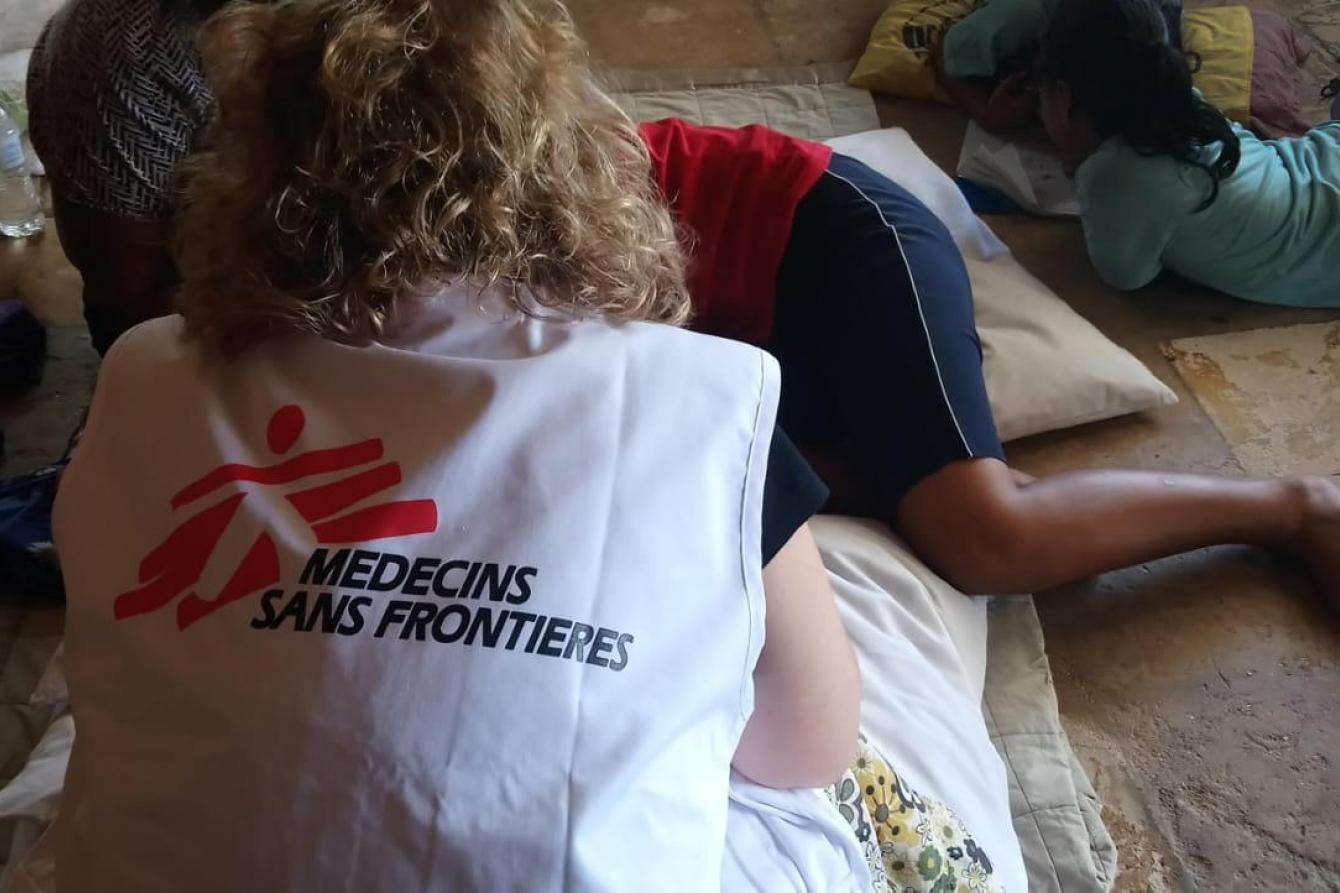
In October 2018, the Nauruan government abruptly informed MSF that our services were no longer required and must cease within 24 hours, suddenly leaving hundreds of patients in desperate need of care. In December, MSF published the first independent report demonstrating the scale of the mental health emergency on this island nation. Almost half of our Nauruan patients required treatment for psychosis. Of the refugees and asylum seekers we treated, 30 percent had attempted suicide and 60 percent had considered it. While most Nauruan patients improved under MSF’s care, only 11 percent of refugee and asylum seeker patients did, demonstrating a link between their indefinite containment and the deterioration of their mental health.
MSF continues to offer mental health services in other countries and in 2018 provided more than 404,000 individual mental health consultations around the world.
2019—Central American migration
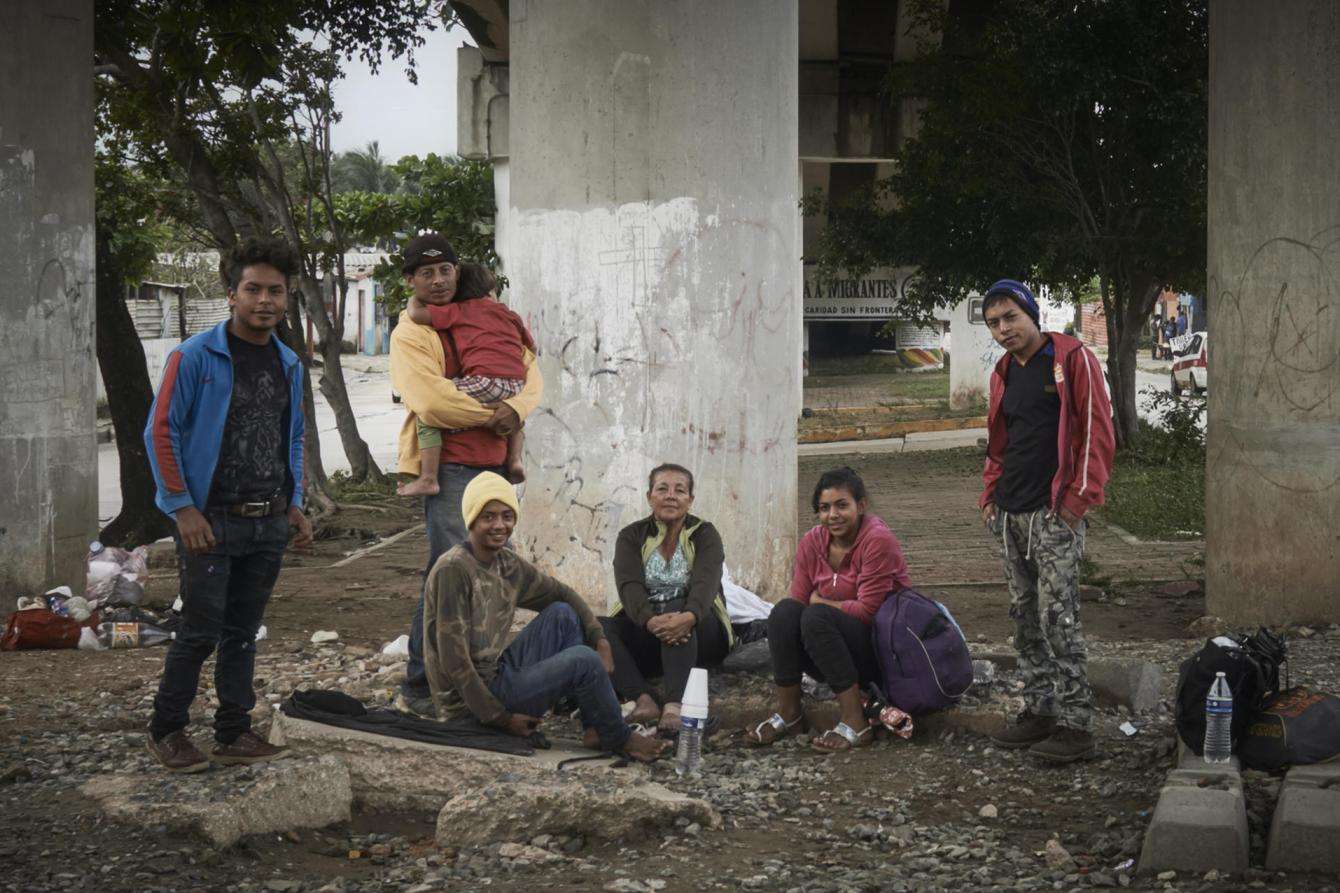
Refugees, asylum seekers, and migrants forced to flee violence and poverty in Guatemala, El Salvador, and Honduras face more danger and hardship on the journey north to Mexico and the United States. Many are victims of human trafficking, gang violence, sexual assault, kidnapping, and extortion. People traveling thousands of miles on foot often lack access to essential medical and mental health care, as well as adequate food and water. US efforts to curb migration and restrict access to asylum have trapped people in dangerous cities along Mexico's northern border where they are exposed to kidnapping and an escalation in violence.
In 2019, MSF provided medical and mental health care services in Mexico, El Salvador, and Honduras.
